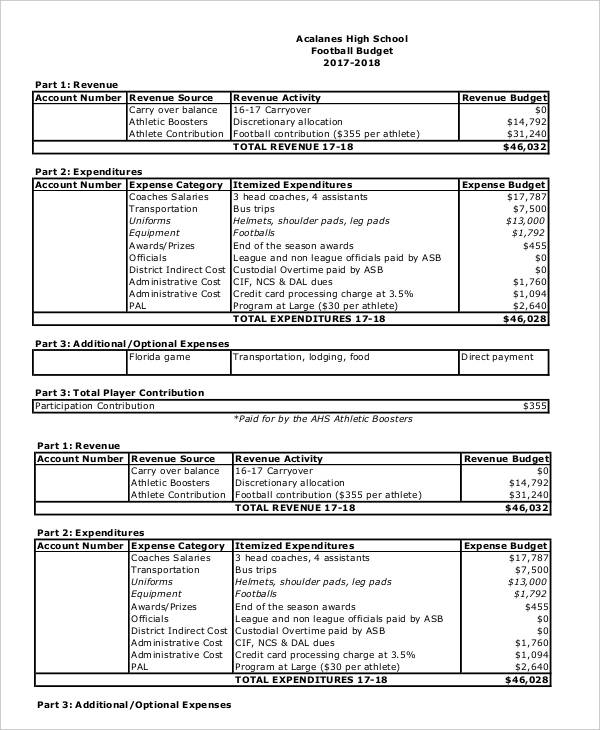

You’d think that when you start making more money, it would be much easier to balance your budget every month, but in reality, as wages increase so do expectations and expenses. Of course, as income changes, habits change, and money issues creep in again. What most people find is that if they do it for a good length of time (such as a year), they change their spending habits enough that they don’t have to track so carefully anymore. Some divide up their cash into marked envelopes designated for different categories (rent, food, cell phone, car, entertainment, etc.) and some track it digitally using a spreadsheet. There are several ways to create a personal budget, and you need to choose a way that works for you. Personal budgeting requires both creating a doable plan and following it. A personal budget is a finance plan which allocates future income towards expenses, savings and debt repayment. It can be eye-opening to track spending and see where you yourself are spending more than you thought. Often couples tend to think it’s the other person who is out of control on their spending. Money is the biggest thing that causes conflict in a marital relationship. This is particularly important for a couple. Tracking your spending will help you be aware of the realities of what you spend your money on.

Budgeting is creating a plan to make sure it goes where you want it to go – no surprises. It’s particularly frustrating when you can’t afford to do something which was really important to you, because you inadvertently spent money on something that really wasn’t that important to you.Ĭreating a personal budget means being intentional and proactive about where you spend your money. Otherwise, you’ll end up running out, or going into debt. The amount of money coming in needs to be greater than the amount of money going out. The truth is that most people don’t know where their money goes every month. In reality, it is enlightening and empowering. Personal budgeting sounds like a boring and constricting thing to do.

(use the information you gathered from talking with financial aid offices at your institution) Student loans (use the information you gathered from talking with financial aid offices at your institution).Any other special expenses you can think ofĪlso include a detailed list of where your funding might come from.Transportation (remember: your fees at many post-secondary institutions in BC include a bus pass).Hydro (example: $85 per month times 12 months).Accommodation – rent, mortgage, or student residence (example: $800 per month times 12 months).You will have to estimate expenses for many items (e.g. The easiest way to start is to break down your monthly expenses and add the costs associated with school. Using your word processor program, prepare a simple budget showing how you would pay for 1 year of your program at a post-secondary institution. Can you think of some wants you could eliminate from your budget while you are a student? How about making coffee instead of buying coffee? Buying less clothing? Going out to movies less often and staying home to watch one instead? You may find it is easier to eliminate some expenses that are wants rather than needs. You may have to let go of some wants when you return to school.

When returning to school, most people have to really think about their needs versus their wants : Needs vs. For students, a budget helps them plan for future school expenses, keeping in mind all sources of income, including student loans, grants and earnings from part-time work or full-time summer jobs. Making a BudgetĪ budget is a document that tracks the money you have coming in including sources of income, and the money you have going out to pay for your expenses. You may need these notes for your Budget assignment (coming soon!). Jot down some notes after talking with the financial aid people. The people in this office may suggest other options for funding that you are not aware of. Talk to someone from the financial aid office at your school of choice.


 0 kommentar(er)
0 kommentar(er)
